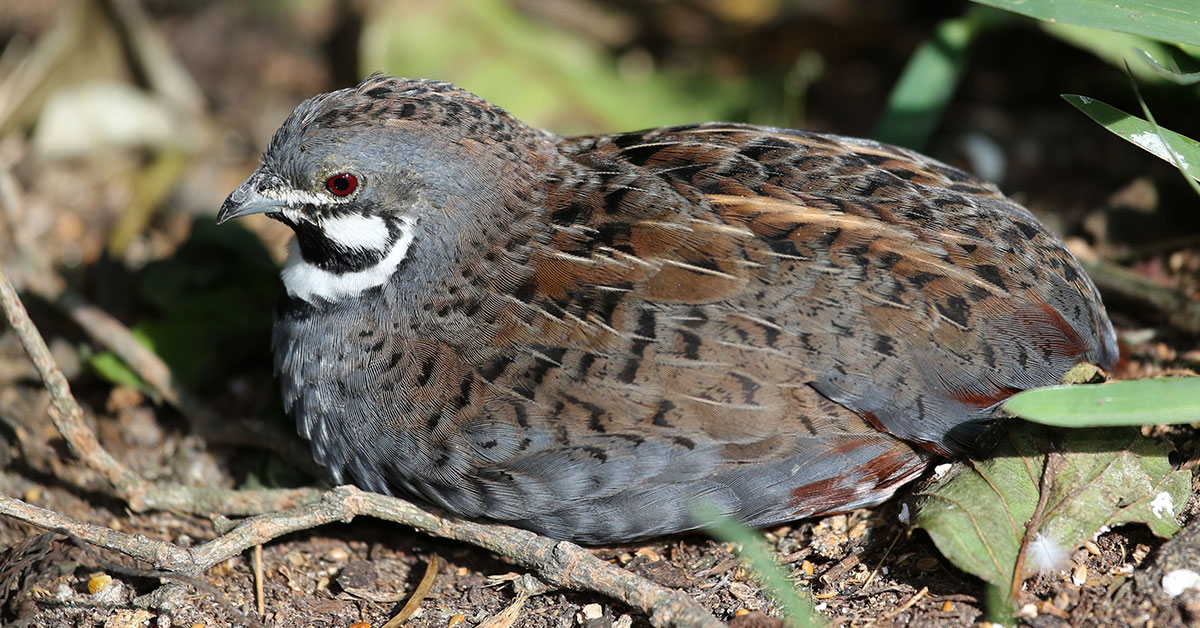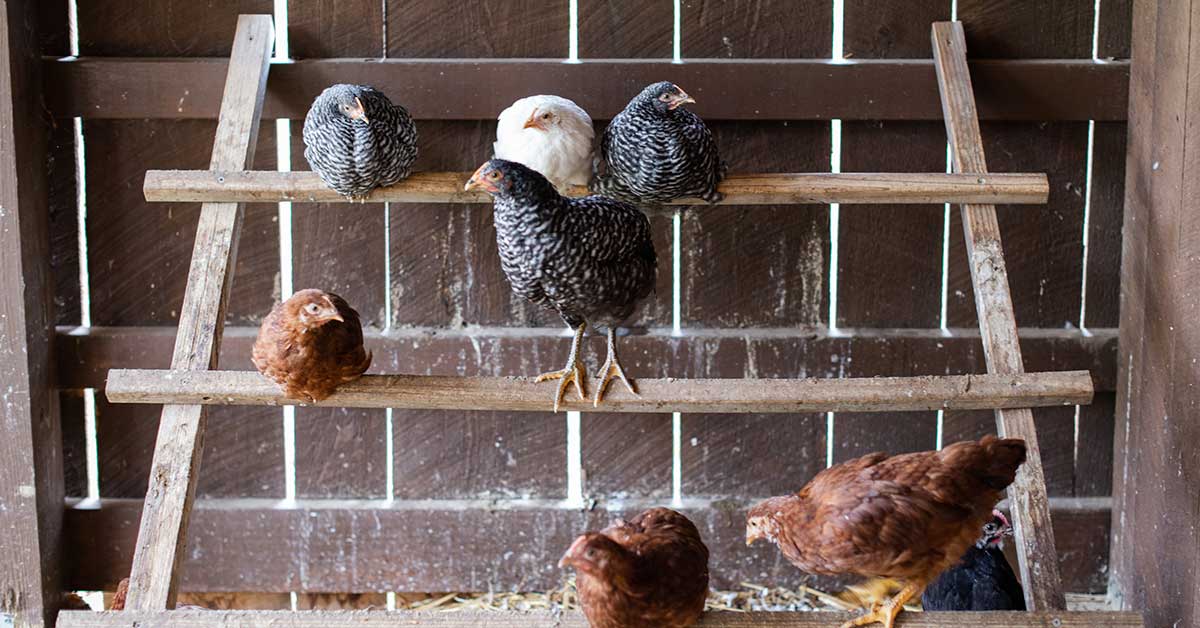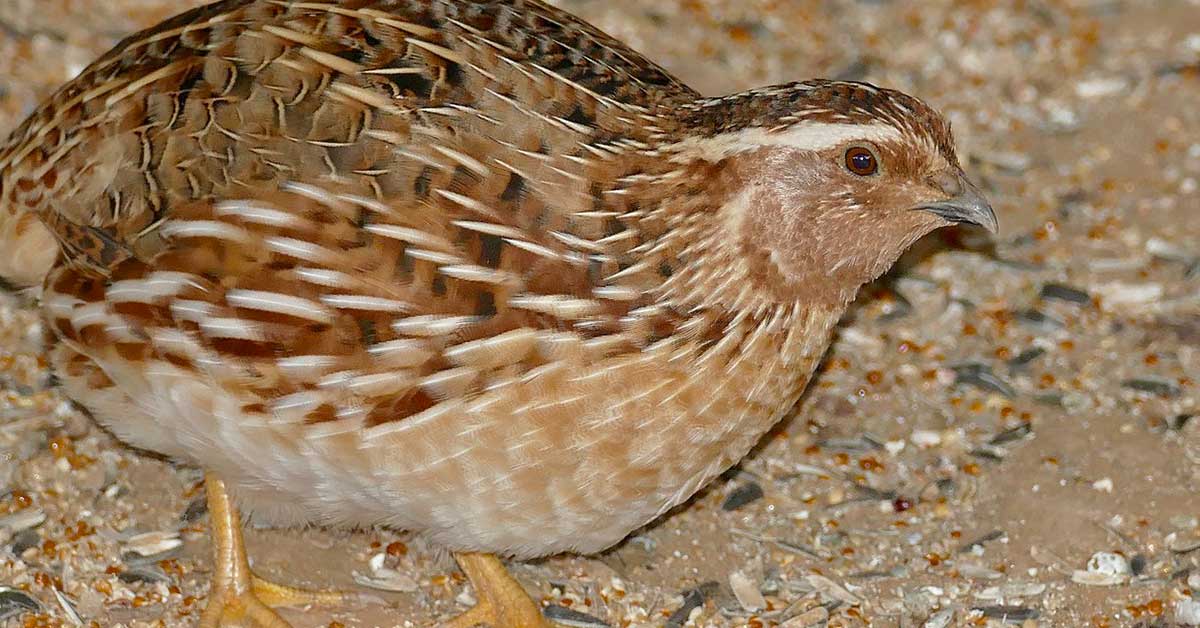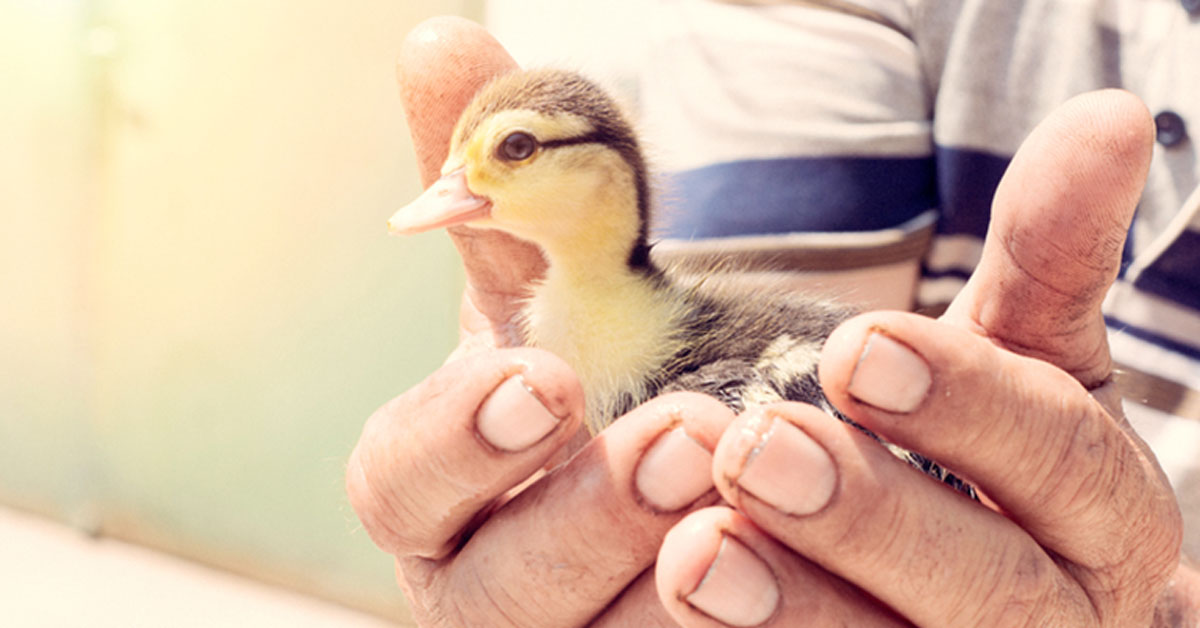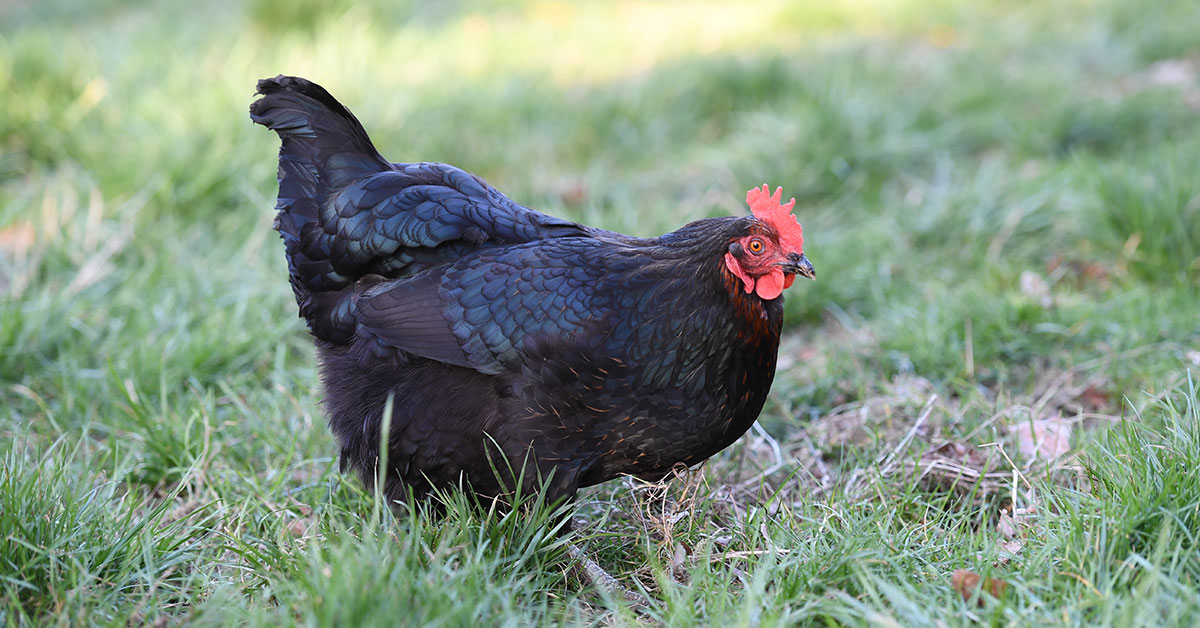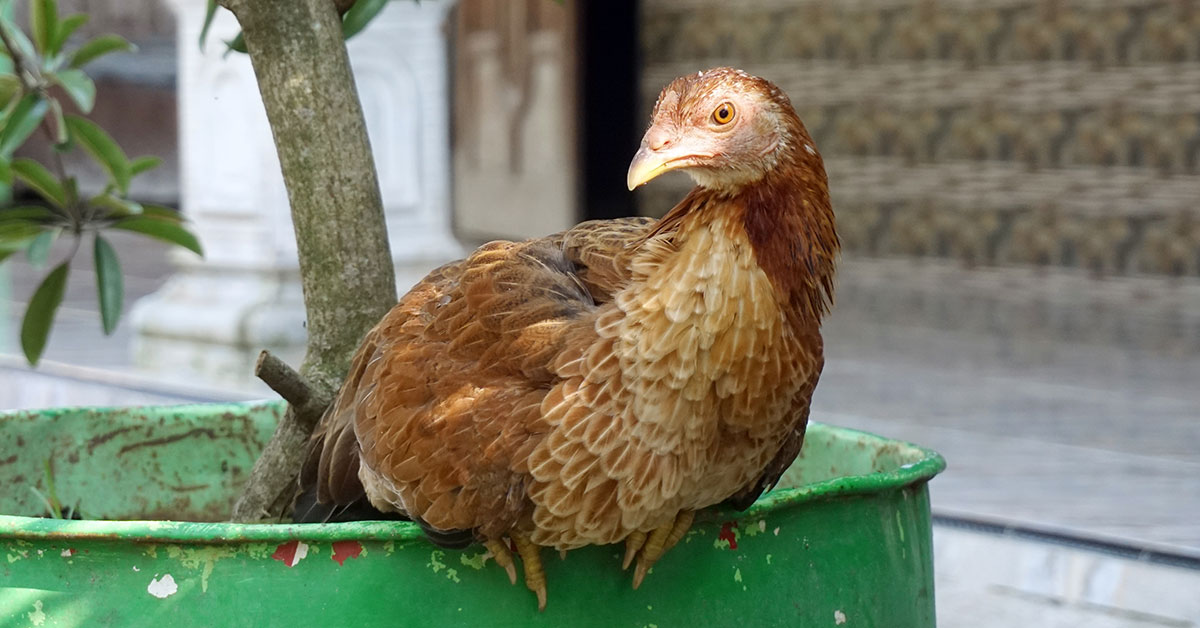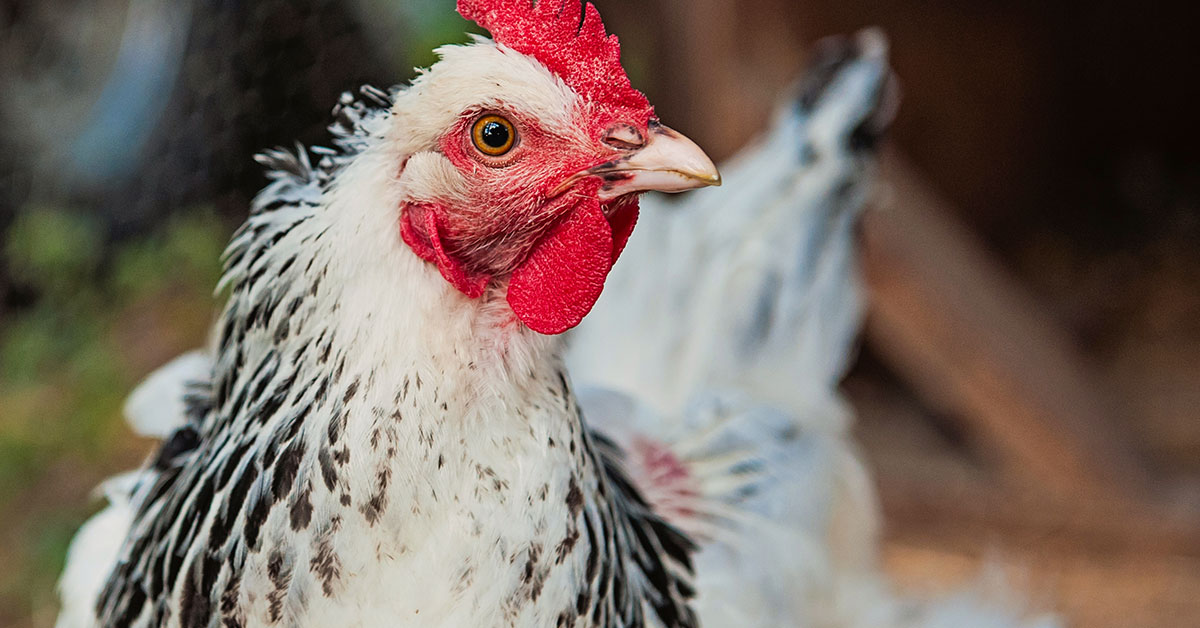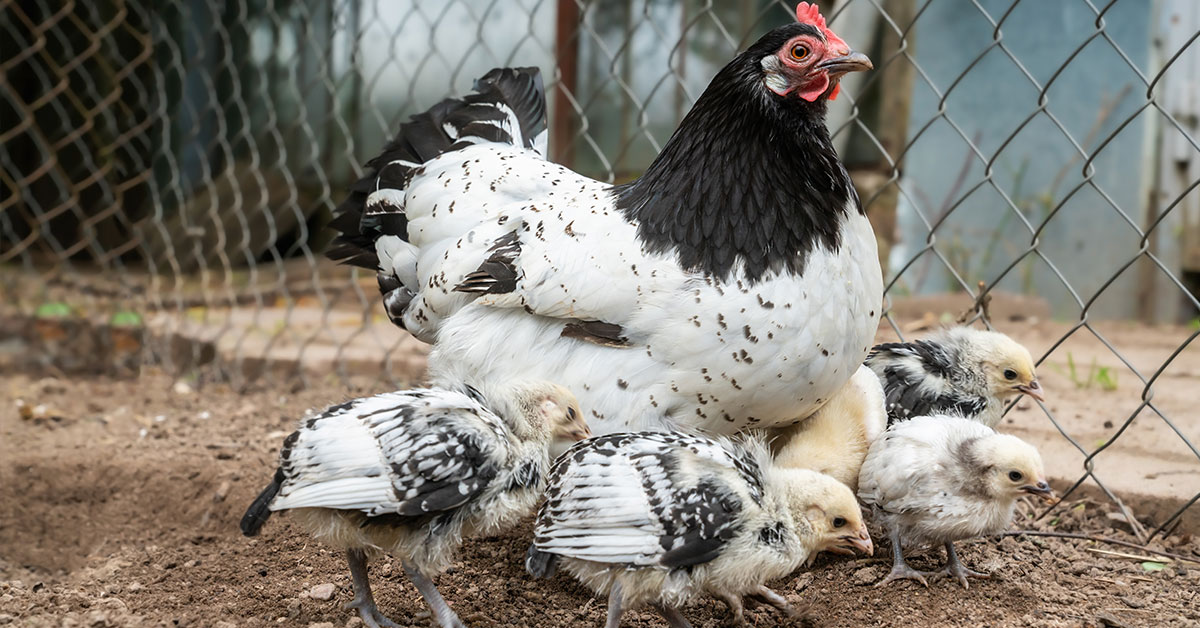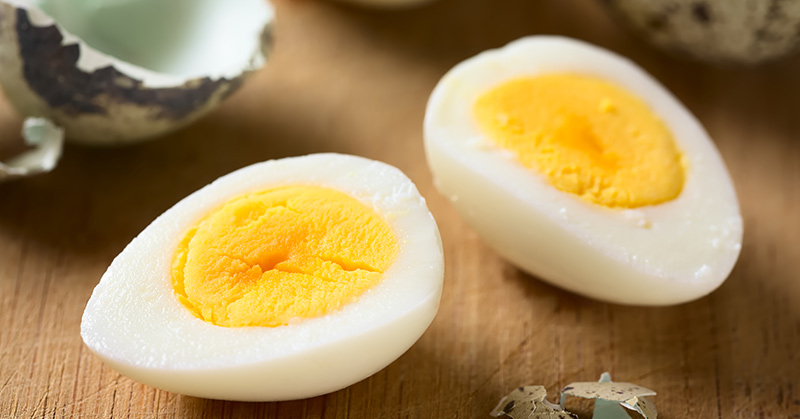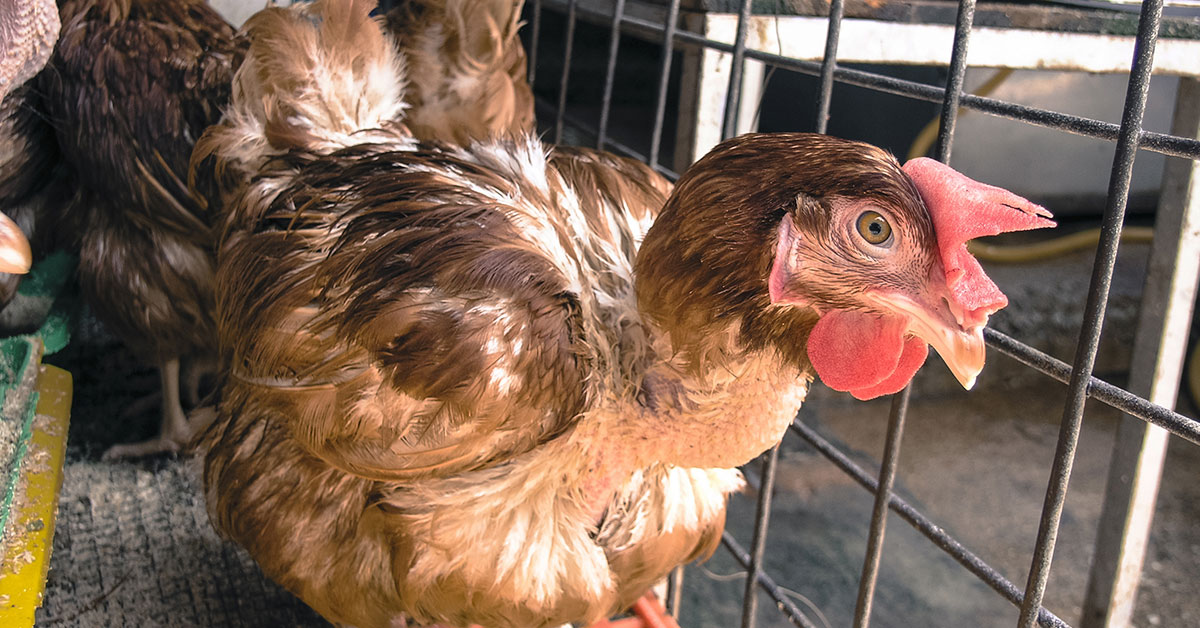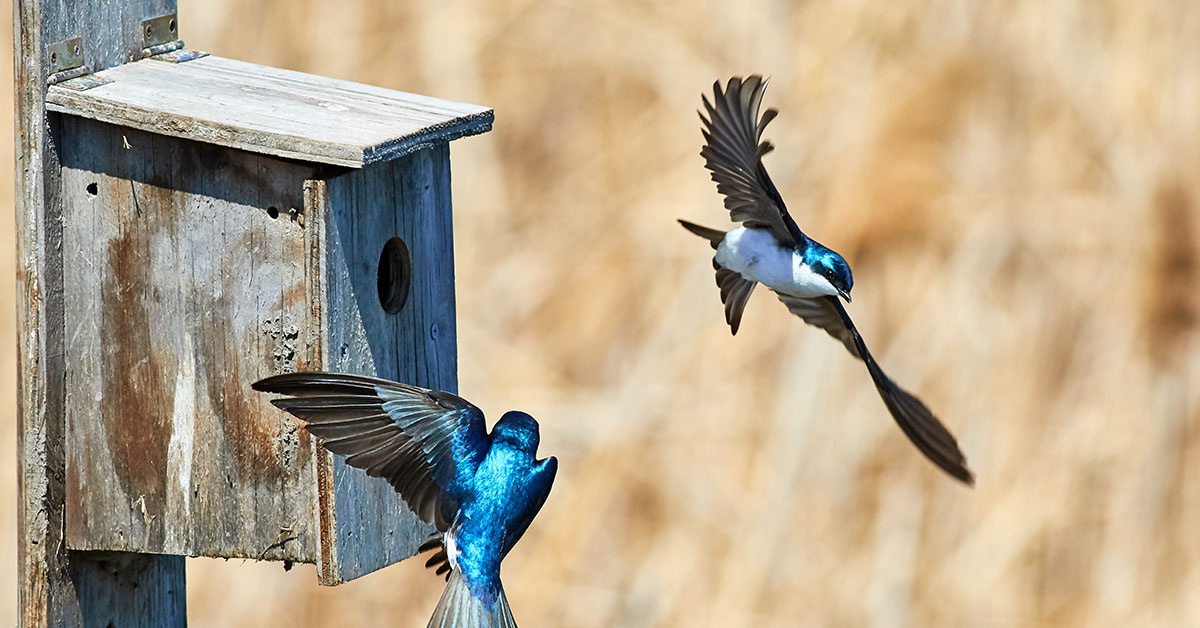When your chickens stop laying eggs, it can be a real mystery and a huge bummer at breakfast time. Egg production in your flock can decrease for a number of reasons. In this article, we’ll explore why it is you suddenly aren’t getting any eggs from your birds.
Why your chickens stop laying eggs
The tough thing about trying to figure out why your chickens stop laying eggs is your inability to just ask them why. Wouldn’t that be nice if they could just let us know the reason? Because of this, we have to troubleshoot our birds to get to the bottom of what’s causing their sudden drop in egg laying. In my 10+ years of experience with raising chickens for their eggs, I’ve found that there are 12 common reasons why chickens stop laying eggs. I’ve listed them below in order of most likely (in my experience) to least likely reasons.
Insufficient daylight
Chicken ovulation is driven by the same set of factors as in other animals, including humans: hormones. These chicken hormones are regulated by daylight. During the shorter days of fall and winter, the reduced daylight signals to the chicken that it’s time to stop laying eggs and rest for the winter. It gives your hard-working hens a break, and also serves an evolutionary process: chicks need warmth to survive, and chicks that are hatched during the winter are far more likely to die from the elements.
Chickens need at least 12 hours of daylight in order to produce the hormones that tell their bodies to lay eggs. They perform best at 14-16 hours of daylight every day. Depending on where you are located, the amount of daylight you receive can drop to as low as 8 or 9 hours per day during the winter. You can get your hens laying again by providing a full spectrum light in their coop to make up the lost hours. So if there are only 10 hours of daylight in a day, you’ll want to supplement them for an extra 2-4 hours in the early morning or at night.
A few words of caution though: there are ways to mess this up. Remember to only use light bulbs that run at a cooler temperature, like LEDs. If a hotter bulb gets knocked to the ground, it can ignite the bedding inside of your chicken coop. This is a real fear – I’ve seen neighbors’ chicken coops go up in flames during the winter, killing everyone inside. It’s a terrible loss. Also, be sure to turn off the light after a few hours to give your chickens darkness. They need to be able to rest in complete darkness!
Molting
Toward the end of summer to the beginning of fall, your chickens will begin what’s called their annual molt. This one is pretty real to me, as my chickens are actually going through their molt right now and I’m getting no eggs as a result. The annual molt is a period in which your birds shed some of their old feathers and grow new ones. It’s a process that has no comparison to us humans – the stress their bodies undergo to do this is unimaginable.
During their annual molt, chickens put a great deal of energy and protein into growing new feathers. While the new feathers are growing in, most chickens stop laying eggs. Molts can last anywhere from a couple of weeks to as long as 4 months, depending on the breed. Don’t try to do anything to force your chickens to start laying again during this time. Let them have full hours of darkness at night and provide lots of healthy treats to your birds to support them.
Old Age
There is another factor for reduced egg laying that all chickens will eventually experience: old age. A chicken’s most productive egg-laying time is during its first year of life. After that, their production begins to drop off more and more every year. By the time a chicken is 7-10 years old, she will lay sometimes not even one egg per week. If your flock has aged beyond 3 years, it is likely their age that’s causing your chickens to not lay many, or any eggs.
Dirty coop conditions
Chickens nest and lay eggs not because they want us to have a nutritious breakfast, but because they want to hatch and raise chicks. Chickens will instinctively avoid heavily soiled areas for egg laying, and if none are available, they might stop entirely, or pick a location that you might not be able to easily find. Keeping the nest boxes and coops clean by regularly removing old, dirty litter is key to healthy, laying hens.
Predator pressure
Let’s get one thing straight: while we humans like our chickens to lay eggs to provide a nutritious breakfast, chickens want to lay eggs in order to reproduce. That’s their biological drive. That drive can be interrupted if your flock doesn’t feel safe. If they aren’t in an environment that they feel is safe to raise their young, they won’t bother expending the energy. One of the ways they feel insecure is excessive predator pressure.
Predator pressure is the pressure your flock feels when a predator is near. And remember, animals at your home that are friends to you may not seem so friendly to a hen. Dogs, cats, and other common household animals can be seen as a threat to their well-being. Your hens need a nice, secure chicken run and chicken coop to feel safe and secure. They need a dark, confined space like a nest box to lay their eggs. If your chickens are out in the open being harassed by predators, they may decide that eggs are off the menu.
Excessive breeding
Hens lay eggs in order to reproduce, and having a rooster around is a key factor in that process. Your hens won’t mind the presence of a rooster, and in fact will usually follow him from place to place around their chicken run. He works hard to provide safety, security, and even food to his flock. But roosters are all too happy to mate with the hens in their flocks, and if there aren’t enough hens, he may breed with them excessively.
Excessive breeding is a problem because it can leave your hens stressed, injured, and feeling unsafe. A hen who has been harassed by a rooster may feel like hiding instead of eating, dust bathing, and otherwise enjoying her life. It’s another reason why chickens stop laying eggs.
A sure sign that your hen is being over-mated with is a bald spot on the back of her head. Roosters will typically hold onto these feathers while mounting a hen. If those feathers are all gone, it’s a sign she’s being mated too much.
Extreme heat
When it’s very hot outside, I know I for one don’t feel like doing anything. I just want to lay around and stay out of the heat. The same goes for our chickens. They really can’t handle extremely hot weather. They are at their best when temperatures run from about 60 to 80 degrees. At 90 degrees Fahrenheit, they may stop laying eggs due to the stress of extreme heat. If it’s over 100 degrees, it’s extremely likely you won’t get any eggs at all.
There’s not a lot you can do about the heat. It’s not exactly practical to give your chickens an air conditioner, right? The best thing you can do is wait it out. Make sure there’s plenty of ventilation in the coop and add a fan if it’s especially stifling in there.
Dehydration
If your chickens were briefly without access to water, that can cause a significant interruption to their egg production. Eggs are about 74% water by weight. To produce an egg, a chicken needs to fill each egg with around 44 grams of water, which is about 10% of the water she will drink in a day. That’s a lot of numbers and percentages, but it boils down to this: if your chicken suddenly isn’t getting any water, she will divert water away from egg production and toward organ function that keeps her alive. If your chickens were dehydrated for a dangerously long time, they may need a few days to recover before they begin laying eggs again.
Malnutrition or hunger
Insufficient food is another reason why chickens stop laying eggs. In the same way that a hen with limited access to water conserves water to survive, a hen with limited access to food will conserve energy to survive. One way they do this is by slowing their own egg production. If your chickens ran out of food for a while and stopped laying as a result, it may take a few days before they start again.
Malnutrition is another issue. If their food doesn’t support their nutritional needs for egg laying, they may stop. A good organic egg layer feed should be at least 16% protein and 3.5% calcium. Check to be sure that the feed you’re providing your hens is adequate for egg laying.
Your hens are broody
Chickens stop laying eggs when they instinctively want to sit on a nest. If your hens are suddenly glued to their eggs and pecking at you any time you try to collect said eggs, congratulations, you have a broody hen! A broody hen is one whose mothering instincts have fully kicked in. The only thing that she wants to do is sit on eggs and hatch them. When a hen goes broody, she will typically not lay any more eggs, as her body thinks that she has a full nest and shouldn’t try to produce more eggs.
There are tricks to breaking a broody hen of her broodiness. You can set her aside in a separate pen that doesn’t have a nest box, which may break her of her sitting instincts and get her back to normal again. You may also try to very frequently collect eggs so that none are ever in the nest box, which may convince her that now is not the time to be sitting on eggs.
Another option is to provide her with some fertile eggs to sit on. If you’re thinking of expanding your flock, you can have a broody hen do the work for you! It’s also possible to give a broody hen her own chicks to raise that you incubated at home or purchased, but there’s no guarantee that the hen will bond with the chicks, so be ready to raise them in a brooder yourself.
You’ve introduced new hens
There’s a common thread through a few of the bullet points listed in this article: stress. There’s stress from predators, stress from molting, stress from heat, and so on. While chickens are extremely social animals who should never be kept alone, they can also stress each other out. When you add new chickens to a flock, there’s a sort of chicken political breakdown that happens.
The pecking order of your flock is carefully maintained through social interactions. Every chicken has their place in the pecking order. Periodically, your birds will challenge each other to move up in the pecking order, but these brief skirmishes don’t usually cause significant stress to your birds and won’t impact egg laying. But if you have, for example, 12 hens, and you decide to add 4 more hens, suddenly those 4 hens need to figure out where they fit into the pecking order. The new hens may try to place themselves at the top of the pecking order, and the sudden disruption of the pecking order may cause hens that are already familiar with one another to fight and jockey for a higher position in the order.
All of the fighting can result in injury and death at worst, and stress at the very least. That stress may result in them pausing egg laying. Watch your hens carefully during this period for any injuries that need treatment, but otherwise, be patient and let your hens work out their new pecking order. This process usually takes 1-3 weeks to complete.
Parasitic infection
Parasitic infection is another reason your hens may have stopped laying eggs, but it’s not exactly the most common reason, especially since parasites tend to become apparent well before egg laying stops, giving most chicken keepers the opportunity to address the problem early. The most common parasites that make chickens stop laying eggs are lice and mites.
Mites and lice live on the skin of your chickens and feed on their blood. If an infestation becomes bad enough, your chickens may become anemic and not have the nutritional resources necessary to produce eggs. There are quite a few symptoms of mites in chickens, like suddenly very dirty vent feathers, decreased activity, not eating food, feather pulling when not molting, and bald spots. When you separate the feathers of your chicken, you may notice dirty residues and small bugs crawling around your birds. That, in all likeliness, is either mites or lice.
When lice or mites are found on your chickens, the entire flock and coop need to be treated. There are some who swear by herbal remedies, but these are not proven to work. If a chicken is severely infested, a dog flea dip or flea shampoo may provide some immediate, but temporary relief. We recommend purchasing a commercial anti-mite product. We don’t have a particular one we endorse, but we do suggest speaking to a local veterinarian. These products are typically sold over the counter at feed stores.
Bacterial infection
Several bacteria cause an inflammation of your hen’s oviduct, a condition called Salpingitis. Mycoplasma gallisepticum, Escherichia coli, Salmonella or Pasteurella multocida are the typical bacteria that cause this condition. When a hen is suffering from Salpingitis, she will stop laying eggs and begin laying “lash eggs.” Lash eggs aren’t eggs, but are somewhat egg-shaped balls of dead tissue, definitely not something you want to eat.
If your chickens are suffering from a bacterial infection causing Salpingitis, intervention from a veterinarian is probably required. They may be able to provide antibiotics that will treat the entire flock. Over-the-counter antibiotics for chickens may not fully address this infection.


